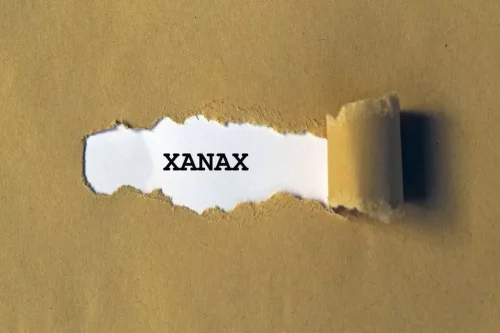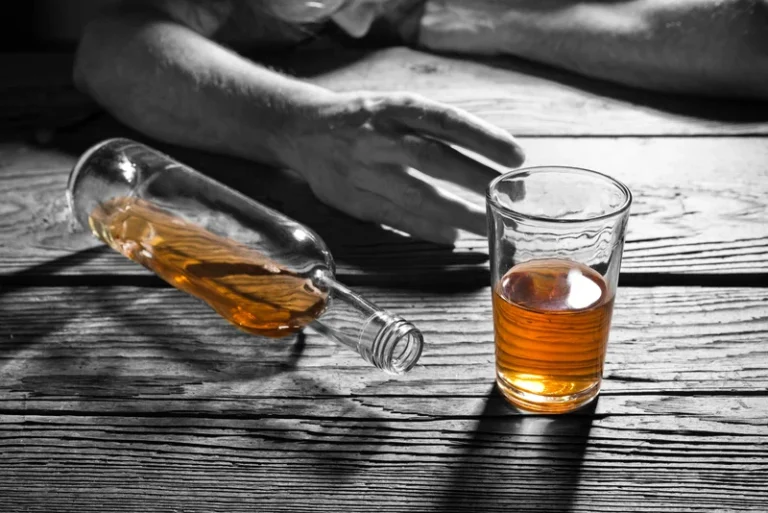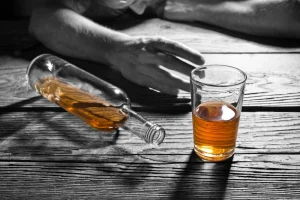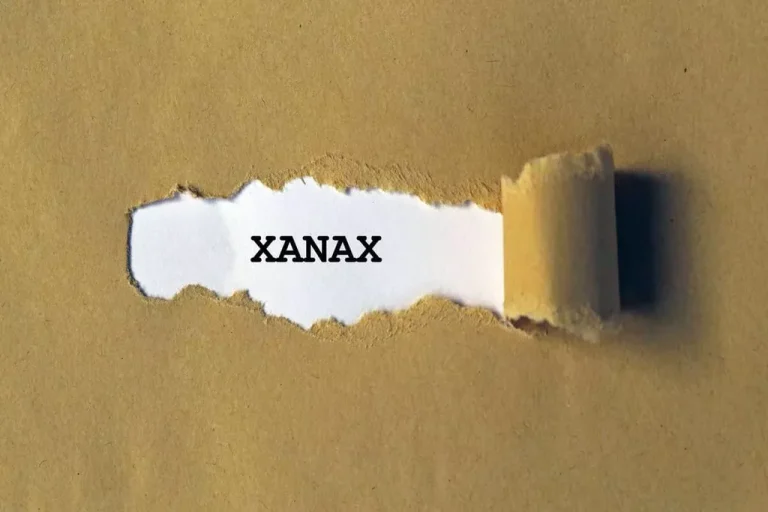
Differential associations of CV risk with certain beverage types such as wine instead have been attributable to other lifestyle factors (e.g., increased physical activity) or drinking with meals (Malarcher et al. 2001). More recently, Cosmi and colleagues (2015) examined the effects of daily wine consumption in subjects enrolled in an Italian trial of heart failure patients (mean age ~67), most of whom had reduced ejection-fraction heart failure. Different levels of daily wine consumption (i.e., sometimes, 1 to 2 glasses/day, and ≥3 glasses/day) had no effect on fatal or nonfatal outcomes (e.g., hospitalization for a CV event). Subjects who drank wine more often, however, were less likely to have symptoms of depression and more likely to have a better perception of health status.
Impact of Drinking Patterns and Types of Alcoholic Beverages on Risk
The review concludes by suggesting several promising avenues for future research related to alcohol use and CV disease. One common risk factor for CV disease is the composition of the lipids found in the blood, and the effects of alcohol consumption on lipid profiles have been extensively studied. Many researchers have found that alcohol intake increases HDL cholesterol (HDL-c) levels, HDL (“good cholesterol”) particle concentration, apolipoprotein A-I, and HDL-c subfractions (Gardner et al. https://ecosoberhouse.com/article/vicodin-addiction-symptoms-treatment-and-recovery/ 2000; Muth et al. 2010; Vu et al. 2016). High triglyceride levels in the blood stream have been linked to atherosclerosis and, by extension, increased risk of CHD and stroke. However, in a recently conducted Mendelian randomization study, Vu and colleagues (2016) reported that low-to-moderate alcohol consumption reduced triglyceride and LDL-c and increased HDL-c, in particular the HDL2-c subfraction.

Other medical conditions
Damaged DNA can cause a cell to how does alcohol affect blood pressure grow out of control, which results in cancerous tumors. Pancreatitis can be a short-term (acute) condition that clears up in a few days. But prolonged alcohol abuse can lead to chronic (long-term) pancreatitis, which can be severe. If alcohol continues to accumulate in your system, it can destroy cells and, eventually, damage your organs.

How Does Alcohol Affect Blood Pressure?
The acute effects of alcohol on the myocardium include a weakening of the heart’s ability to contract (negative inotropic effect). Data from isolated papillary and heart muscle cell (myocyte) experiments demonstrate that acute physiologic intoxicating doses of alcohol (80 mg% to 250 mg%) can have a negative inotropic effect (Danziger et al. 1991; Guarnieri and Lakatta 1990). In humans, endothelial function is assessed by measuring the widening (i.e., dilation) of the brachial artery under different conditions. Some research noted that endothelial function is impaired in abstinent individuals with a long-term history of alcohol abuse or alcoholism (Di Gennaro et al. 2007, 2012; Maiorano et al. 1999). Other studies have examined the effect of a single binge-drinking episode and found impairment in brachial artery endothelial-dependent and -independent vasodilation (Bau et al. 2005; Hashimoto et al. 2001; Hijmering et al. 2007).
We included 32 randomised controlled trials involving 767 participants published up to March 2019. Although these trials included adults from 18 to 96 years of age with various health conditions, most study participants were young healthy males. The source of funding was not reported for a majority of the studies. Each study had to meet strict eligibility criteria, allowing researchers to focus on participants with no previous history of cardiovascular disease. A number of factors can contribute to high blood pressure, including alcohol consumption.
- Drinking too much alcohol can raise pressure on the walls of blood vessels to unhealthy levels.
- They also had lower levels of circulating inflammatory markers, such as C-terminal proendothelin-1 and pentraxin-3 (Cosmi et al. 2015).
- Several reports indicate that alcohol first exerts a seemingly positive effect, followed by a more negative impact (i.e., it is biphasic) on the endothelial−nitric oxide–generating system.
- If you’re not sure, make a note to tune into how much you’re having over the course of the next month or so.
“If you have high blood pressure, it’s probably in your best interest to drink minimally,” Morledge said. Alcohol also stimulates the release of adrenaline and puts the body in a fight-or-flight mode, leading to elevated blood pressure. “Some of the new diabetes medications have a diuretic effect, and that could cause dehydration” in people with diabetes, Vaishnava says. Research shows that regular use of acetaminophen can raise blood pressure, as can nonsteroidal anti-inflammatory drugs (NSAIDs), including ibuprofen and naproxen. If you already have high blood pressure, NSAIDs can prevent several common meds such as ACE inhibitors and diuretics from doing their job.
Free Healthbeat Signup
Too much alcohol can raise blood pressure and weight, increasing risk of a heart attack, stroke and type 2 diabetes. Senior Cardiac Nurse Christopher Allen finds out more from Professor Sir Ian Gilmore, Consultant Physician and Gastroenterologist at Royal Liverpool University Hospitals. “The good news is that earlier stages of steatotic liver disease are usually completely reversible in about four to six weeks if you abstain from drinking alcohol,” Dr. Sengupta assures. Heavy drinking can also lead to a host of health concerns, like brain damage, heart disease, cirrhosis of the liver and even certain kinds of cancer. Some of the potential cellular changes related to ethanol consumption reviewed above are illustrated in figure 5.
- More than one cellular event may be happening at the same time, and, as with other chronic health conditions, the relevant mechanisms may be synergistic and interrelated.
- Alcohol increases blood levels of the hormone renin, which causes the blood vessels to constrict.
- Several excellent reviews offer more detailed assessments of vascular cellular mechanisms (Cahill and Redmond 2012; Husain et al. 2014; Marchi et al. 2014; Toda and Ayajiki 2010).
- Because alcohol and cholesterol medicine both are processed through your liver, they are, in a sense, competing for clearance.

This suggests that alcoholic beverage type may be an important mediator, because in countries such as Russia, spirits are the alcoholic beverage of choice. However, the negative associations between alcohol consumption and CV outcomes in these countries also may relate to pervasive patterns of binge drinking (Leon et al. 2009). Some investigators have suggested that drinking wine may offer more protection against CV disease because it contains polyphenols, such as resveratrol and flavonoids, which are micronutrients with antioxidant activity (Tangney and Rasmussen 2013). However, among studies designed to examine the influence of beverage type, no differences have been found in CV disease outcomes or biologic markers, such as HDL-c (Mukamal et al. 2003a; Volcik et al. 2008).
- We did not see any significant change in blood pressure or heart rate after that, but the evidence was limited.
- If you have alcoholic cardiomyopathy, stopping drinking can lead to improvement or even recovery for many.
- More recently, Cosmi and colleagues (2015) examined the effects of daily wine consumption in subjects enrolled in an Italian trial of heart failure patients (mean age ~67), most of whom had reduced ejection-fraction heart failure.
- There is a very clear link between regularly drinking too much alcohol and having high blood pressure.
Several studies and meta-analyses have been conducted to determine the relationship between alcohol consumption and the risk of developing heart failure in healthy subjects, as well as in those with a history of MI or CHD. Studies also have examined the “safety” of alcoholic beverage consumption in subjects with heart failure. Although results related to levels of alcohol consumption and stroke events are less clear, some conclusions can be drawn.

Will alcohol interact with my heart medications?
For more information about alcohol and cancer, please visit the National Cancer Institute’s webpage “Alcohol and Cancer Risk” (last accessed June 6, 2024). Following successful completion of detox, if a person is or has struggled with alcoholism, it may be time to seek an inpatient or outpatient rehabilitation program to allow further work toward recovery and relapse prevention. The type of alcohol doesn’t matter, but rather the frequency of your consumption, according to Sameer Amin, MD, a cardiologist and chief medical officer at L.A. However, people who are dependent on alcohol or have been misusing alcohol for a long period of time may have difficulty quitting.

